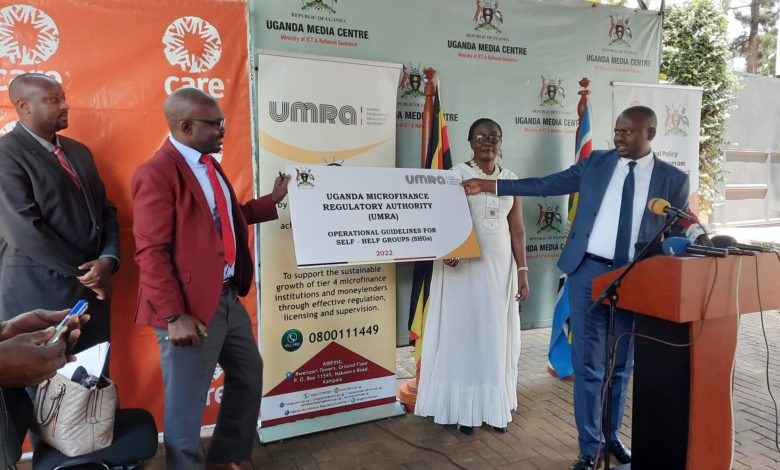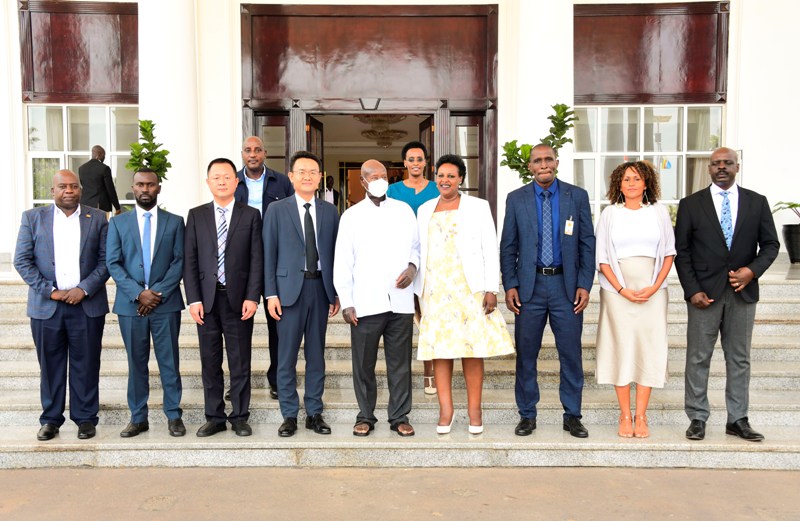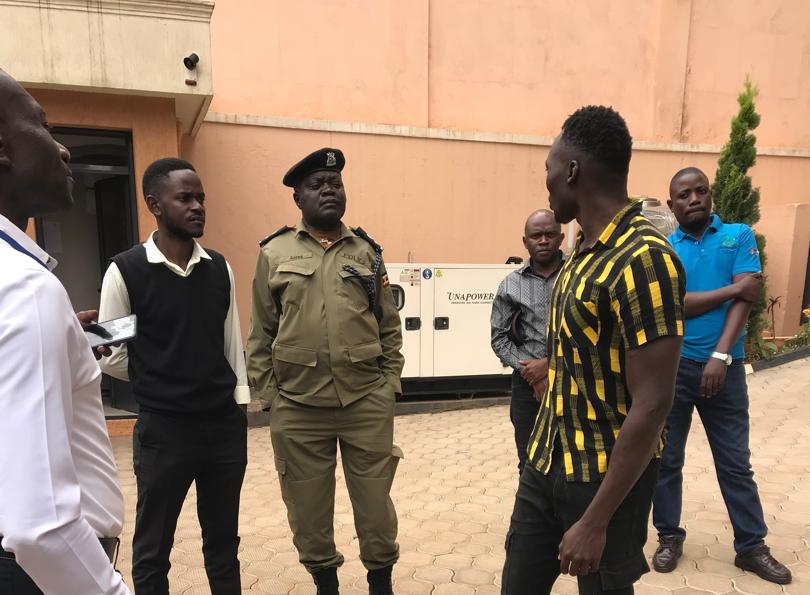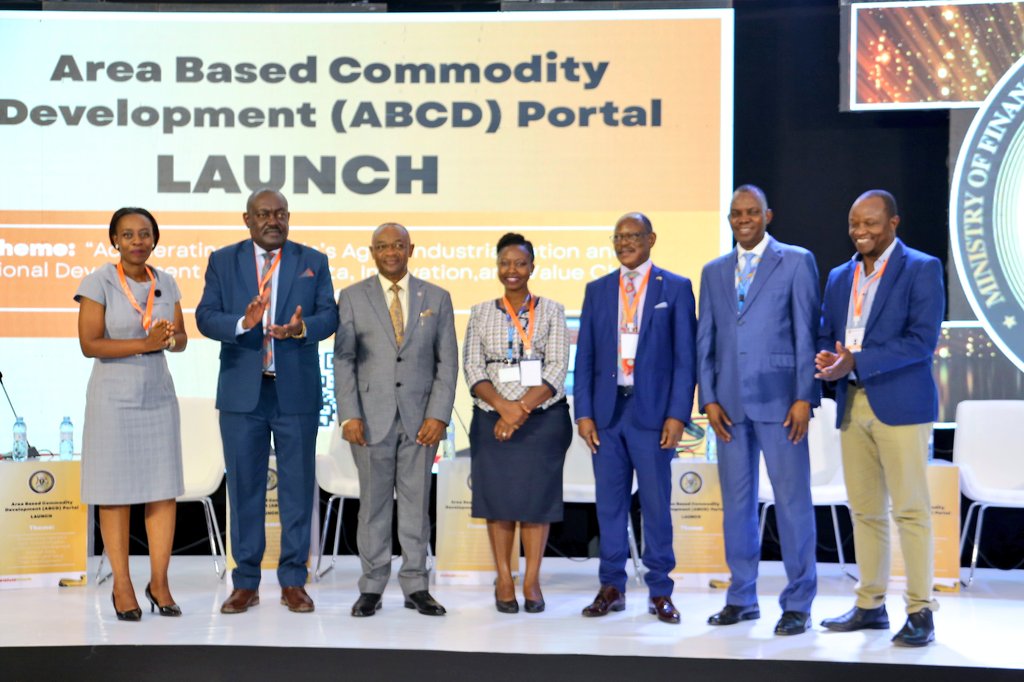Uganda Microfinance Regulatory Authority sets new guidelines for self-help groups
The Minister of State Microfinance and Small Enterprises said Ugandans need to join microfinance institutions such as SACCOs, non-deposit-taking Microfinance institutions and Self Help Groups.

Uganda Micro Finance Regulatory Authority (UMRA) has launched Self Help Group Operations Guidelines which will assist Self Help Groups (SHG) to establish financial stabilization mechanisms for purposes of providing compensation to members.
According to Edith Tusuubira, the Executive Director of Uganda Microfinance Regulatory UMRA, the overall objective of these guidelines is to promote the safety, sanity and sustainability of Self Help Groups.
She noted that out of this overall objective, other objectives for the formulation of the guidelines include promoting fair and equitable practices by setting minimal operational standards and increasing transparency in order to empower members of SHG.
“The key provisions highlighted in these guidelines include SHG principles, the prescribed membership and size of the SHG, the governance and management of the group, and the transitional period to which the SHG shall apply for registration which is 12 months,” she explained.
Among the offences and penalties under the SHG guidelines include non-registration of a group, not filling reports, misappropriation of group Money by any member and any other acts or omissions the authority may deem offensive.
Tusuubira said if a person conducts such activities, they will have committed an offence and will be subject to full prosecution per section 111 of the Tier 4 Microfinance institutions and Money Lenders act 2016.
Meanwhile, Haruna Kasolo Kyeyune, the Minister of State Microfinance and Small Enterprises said Ugandans need to join microfinance institutions such as SACCOs, non-deposit-taking Microfinance institutions and Self Help Groups.
“We want to encourage all Ugandans to form groups where they can save their moneys and use it as a developing fund. One person takes it today and brings it back so that all Ugandans can do business,” he noted.
Kasolo said Ugandans who can’t join these institutions and are not doing any job are contributing nothing to the economy since they don’t have any purchasing power. Therefore, they have no moral authority to ask for anything from the government.
While comparing UMRA to the Bank of Uganda, Kasolo said the authority is bigger than the central bank, since it has to supervise all microfinance institutions which are more than banks and used by the majority of Ugandans.
“At least Bank of Uganda supervises these banks in every district or at county level but UMRA has banks to supervise at the village level and they have to go to the grassroots,” he added. The minister said once government fails to fund UMRA’s operations, they are at risk of losing a lot of money.
The Uganda Microfinance Regulatory Authority is a government agency responsible for the licensing, supervision and regulation of Tier-4 microfinance institutions, money lenders, savings cooperatives and any money-lending institution with a capital of less than USh500 million.







